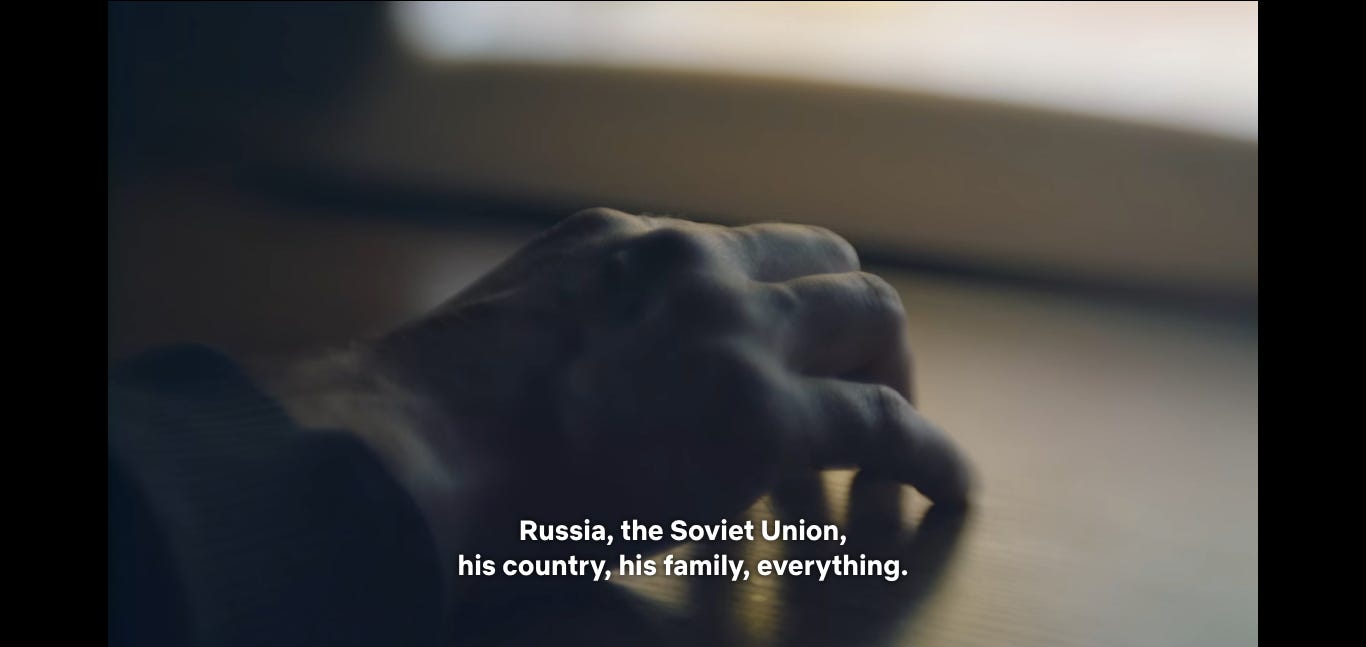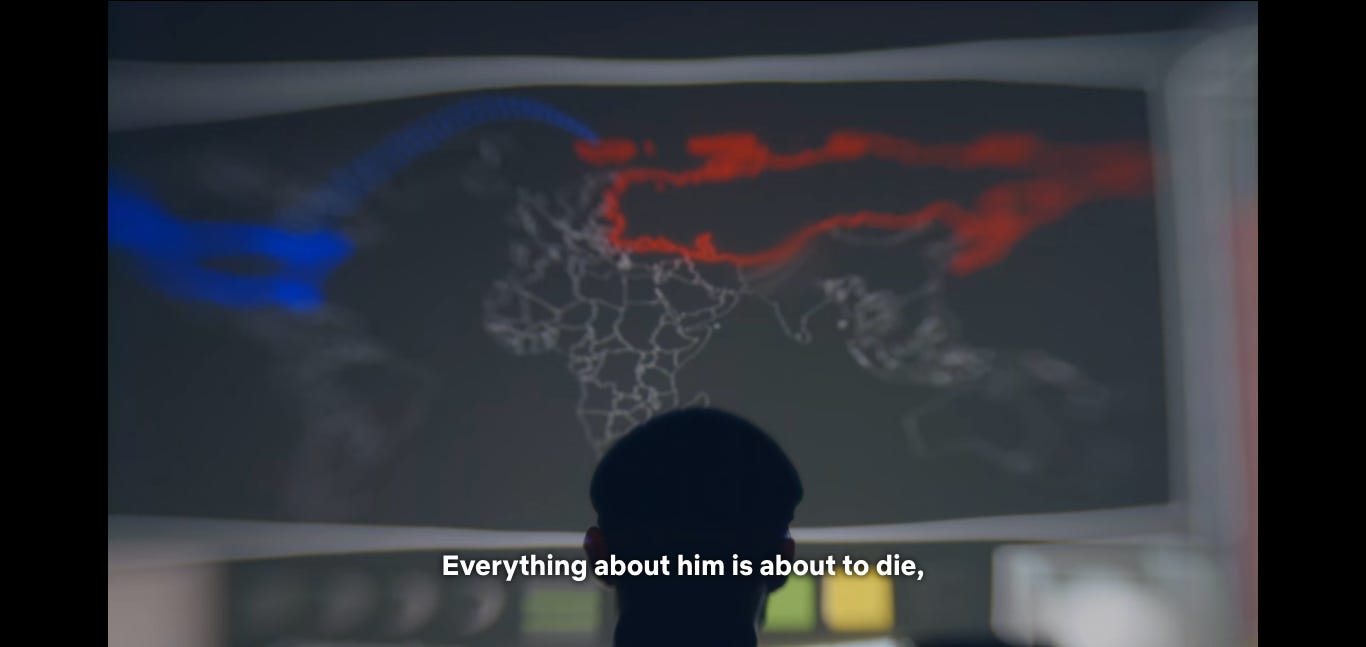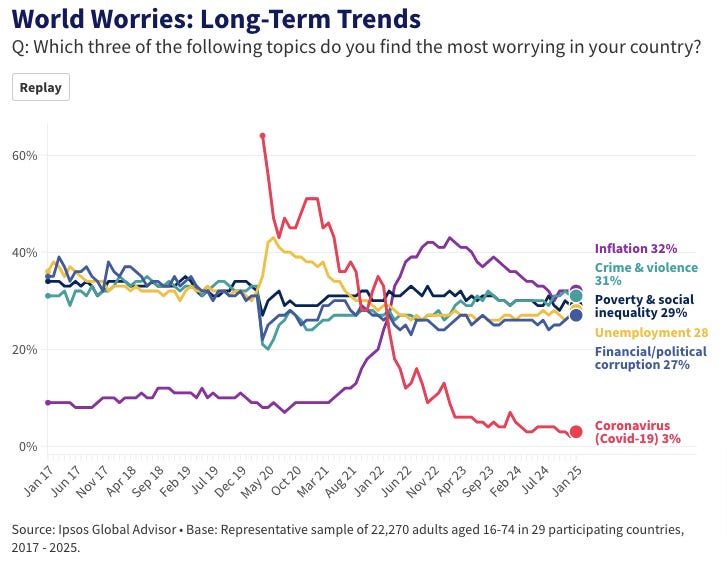This week…
Your reading time is about 6 minutes. Let’s start.

I re-watched the 2020 documentary Coded Bias (dir. Shalini Kantayya) about Joy Boulamwini’s studies that uncovered racial and gender biases in facial recognition programs. The documentary featured some of the greatest minds in the intersections of tech, ethics, and social justice—mainly women and people of colour. Towards the end of the film, one of them, Zeynep Tüfekçi, made one of the most compelling arguments against total automation of work using the 1983 Soviet nuclear false alarm incident.
In 1983, Stanislav Petrov, who was in the Russian military, sees these indications that the U.S. has launched nuclear weapons at the Soviet Union. So if you’re going to respond, you have this very short window. He just sits on it. He doesn’t inform anyone.
Here you have a story in which, if you had some sort of automated response system, it was going to do what it was programmed to do, which was retaliate. Being fully efficient, always doing what you’re told, always doing what you're programed, is not always the most human thing. Sometimes it’s disobeying. [...] And if you automate everything so it always does what it’s supposed to do, sometimes that can lead to very inhuman things.
Well, if that doesn’t ring even truer now than ever before…
The Soviet early warning system, though, produced false alarms in this instance. But if those attack warnings were real, things would have ended badly regardless of what Petrov chose to do.
Your Wikipedia this week: Salami tactics
And now, a selection of top stories on my radar, a few personal recommendations, and the chart of the week.
ICYMI: The Previous Block was about technofeudalism.
CORRECTION NOTICE: None notified.ON DISINFORMATION
Philippines launches comic book to counter China’s ‘disinformation’ in the disputed South China Sea
Jim Gomez for AP:
Two years ago, the Philippines adopted a shame campaign by releasing videos and photographs of China’s increasingly assertive actions in the contested waters, including the use of powerful water cannons and dangerous blocking maneuvers, to domestic and international audiences.
But the territorial spats, particularly between Chinese and Philippine coast guard forces, have continued.
The ambassadors of the United States and Canada, among the key supporters of the Philippines in confronting China’s increasingly assertive actions in the disputed waterway, attended the comic book launch. Officials from the Philippine coast guard and military, and the education secretary, were also present.
There was no immediate comment from Chinese officials, but they have repeatedly reasserted their claims to virtually the entire waterway and accused the Philippines and other rival claimant states of encroachments.
It’s a little bit funny, I think, but not as funny as the Korean poop balloon campaigns. Loosely linked:
Why telling bigger stories is the only way to counter misinformation by Robert P. Crease for Physics World.
Russia’s disinformation operations resurface ahead of German election by Mared Gwyn Jones for Euronews.
TikTok users in Germany more susceptible to Russian and Chinese misinformation, says report by James Thomas for Euronews.
ON THE FAR-RIGHT
Elon Musk appears on video at German far-right campaign event
Emma-Victoria Farr for Reuters:
Addressing a hall of 4,500 people alongside party leader Alice Weidel, Musk spoke live via video link about preserving German culture and protecting the German people.
“It's good to be proud of German culture, German values, and not to lose that in some sort of multiculturalism that dilutes everything,” Musk said.
Last week, the U.S. billionaire caused uproar after he made a gesture that drew online comparisons to a Nazi salute during U.S. President Donald Trump’s inauguration festivities.
Anyone defending this guy is no friend of mine. Loosely linked:
Alice Weidel is the presentable face of the AfD. And the one its opponents should fear the most by Katja Hoyer for The Guardian.
Romanian far-right chief’s bid to reinstate election result fails in European court by Seb Starcevic for Politico.eu.
Italy’s far-right League party backs Trump’s WHO exit by Elena Giodarno for Politico.eu.
Leaked document show plot to dox anonymous Wikipedia editors using hacking and facial recognition by Joe Wilkins for Futurism.
ON AI
Cutting-edge Chinese reasoning model rivals OpenAI o1—and it’s free to download
Benj Edwards for Ars Technica:
The R1 model works differently from typical large language models (LLMs) by incorporating what people in the industry call an inference-time reasoning approach. They attempt to simulate a human-like chain of thought as the model works through a solution to the query. This class of what one might call “simulated reasoning” models, or SR models for short, emerged when OpenAI debuted its o1 model family in September 2024. OpenAI teased a major upgrade called “o3” in December.
Unlike conventional LLMs, these SR models take extra time to produce responses, and this extra time often increases performance on tasks involving math, physics, and science. And this latest open model is turning heads for apparently quickly catching up to OpenAI.
Loosely linked:
The global struggle over how to regulate AI by Katie McQue, Laís Martins, Ananya Bhattacharya and Carien du Plessis for Rest of World.
LinkedIn accused of using private messages to train AI by João da Silva for BBC.
AI voice technology used in The Brutalist is nothing new—the backlash is about transparency by Dominic Lees (University of Reading) for The Conversation.
Other curious links, including en español et français

LONG READ | Under supervision: Transgender people in China—no matter their age—require parental consent to transition by Lavendar Au for The Dial.
PHOTO ESSAY | Same-sex couples in Thailand share their joy over new marriage equality law by Sakchai Lalit for AP.
El dilema digital de Europa: ¿árbitro o jugador? por Miguel Otero y Gonzalo Rodríguez en El Confidencial.
Multan con 200.000 euros a Osasuna por utilizar un sistema de reconocimiento facial para acceder al estadio por Rodrigo Saiz en elDiario.es.
Y Milei va: competencia por la crueldad, caretas que se caen y contrapesos que se borran por Sebastián Lacunza en elDiarioAR.
Se battre sur le terrain des faits par Jérôme Fenoglio, directeur du Monde.
Saïf al-Islam Kadhafi sort de son silence et réitère ses accusations contre Nicolas Sarkozy par Houda Ibrahim dans RFI.
En Ethiopie, la désinformation alimente les profondes tensions ethniques par Le Monde avec AFP.
What I read, listen, and watch
I’m reading The Internet Is Not What You Think It Is (2022) by Justin Smith-Ruiu, that is if you thought it was a utopia.
I’m listening to On The Media, reminding us that wars are won by stories.
I’m watching the BBC’s investigation into the use of psychiatric hospitals to silence China’s critics.
Chart of the week
Ipsos’ monthly What Worries the World survey, conducted in 29 countries among 20,000 adults for more than a decade, showed that inflation remains the leading concern in January 2025. Teodros Gebrekal has the full breakdown here.









